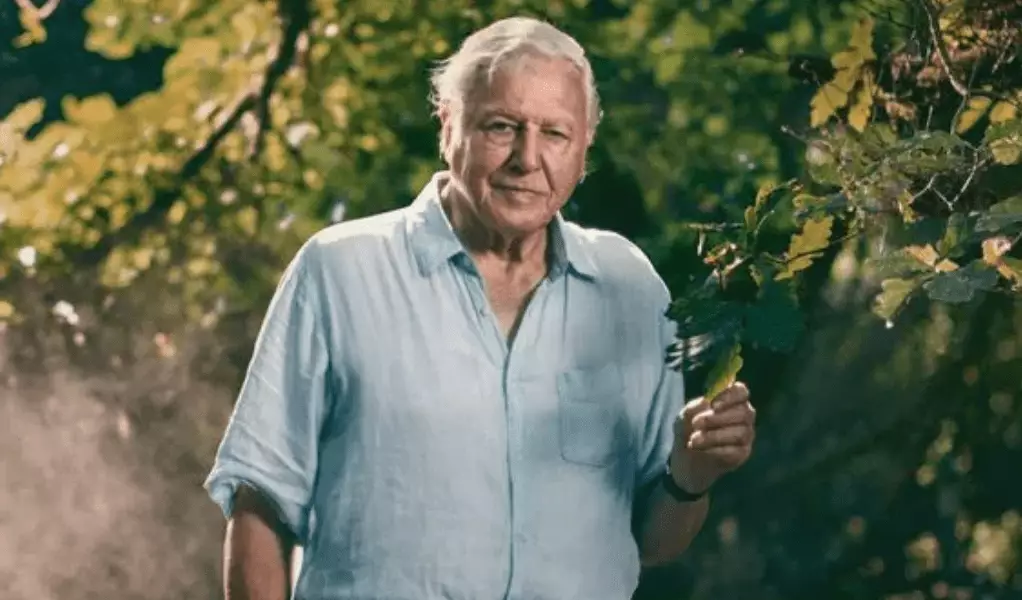The emergence of artificial intelligence (AI) in recent years has incited both excitement and trepidation, particularly in the realm of voice cloning. One of the most notable figures to voice his concerns is David Attenborough, the esteemed natural historian and broadcaster. Recently, Attenborough expressed deep discomfort regarding AI-generated clones of his voice, a matter that highlights significant ethical shortcomings inherent in the technology. This article aims to dissect Attenborough’s concerns and explore the broader implications of unauthorized voice cloning, not only for public figures but for society as a whole.
The controversy began when the BBC aired a segment from Attenborough’s latest series, “Asia,” featuring his authentic voice. Subsequently, the same audio was manipulated into an AI-generated imitation that was strikingly similar. This incident raises critical questions about consent and ownership in the digital age. Attenborough’s immediate reaction was one of dismay, stating, “I am profoundly disturbed to find these days my identity is being stolen by others and greatly object to them using it to say whatever they wish.” This acknowledgment crystallizes the existential concerns regarding identity and representation.
One can infer that for public figures who have invested their lives in creating an authentic persona, the act of AI cloning acts as a digital appropriation. The disparity between the original and cloned voices may seem minimal to the average listener, but the implications of such indistinguishability extend far beyond mere audio fidelity.
The Legal Landscape: A Growing Need for Protection
Various stakeholders in the entertainment and creative industries have voiced concerns over AI cloning, suggesting that current intellectual property laws are inadequate to address these emerging challenges. The U.S. has responded by proposing legislation, such as the No Fakes Act, which aims to provide clearer guidelines on the use of likenesses and voices. This act represents a necessary progression in the legal framework surrounding digital identity, providing essential protections for public figures against unauthorized cloning.
This context also invites a broader discussion on the ethical ramifications of AI technology. As more companies operate on the fringes of legality—scraping voices from publicly available materials—the importance of protecting creators’ rights cannot be overstated. The tension between innovation and ethics remains a crucial area for discourse, especially as technological advancements continue to outpace regulatory frameworks.
AI-generated content is not merely an artistic reproduction; it can be harnessed to influence narratives and disseminate misinformation. Instances have arisen where Attenborough’s voice has been used to produce commentary on contentious subjects, including geopolitical issues like the Ukraine-Russia conflict. This manipulation of his identity could lead to public misinformation, wherein people are led to believe that he endorses particular viewpoints or positions he has never publicly stated.
In a world increasingly reliant on digital media, the ability of AI to reshape narratives presents an urgent challenge. How can audiences discern authenticity in a landscape riddled with manipulated voices and faces? This issue becomes particularly pertinent as trust in media continues to erode, and misinformation proliferates. The polarization of society may further deepen if credible figures can be made to appear as proponents of divisive or questionable viewpoints through advanced AI technologies.
A Call for Ethical Standards in AI Development
As we grapple with the implications of voice cloning technologies, a dialogue on ethical standards in AI development becomes crucial. Developers should bear the responsibility not just for creativity, but for the ethical ramifications of their work. The balance between harnessing technological innovation and preserving the rights of individuals must be struck, fostering an environment where creativity can flourish without infringing on personal identity and expression.
David Attenborough’s cautionary stance is a timely reminder that the advancement of technology should not come at the expense of basic ethical principles. The sheer capacity for AI to replicate human characteristics underscores the necessity for comprehensive discussions about consent, ownership, and authenticity moving forward.
The discussions spurred by incidents like the unauthorized cloning of David Attenborough’s voice illustrate a pivotal moment in our relationship with technology. As we transition into an era defined by AI, the onus is on humanity to ensure that technological advancement supports, rather than detracts from, our collective values. Whether through legislative measures or ethical guidelines, strides must be made to protect individual identities in a world increasingly capable of replicating them. The future rests on our ability to navigate this new terrain thoughtfully and responsibly.


Leave a Reply